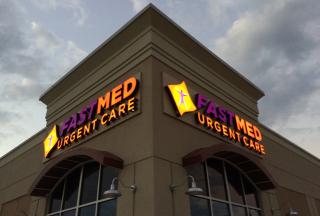Never Live with Hernia Pain
A hernia can occur in various places within your body, including around your groin area, within your stomach, near the belly button, or on your upper thigh. It’s basically a bulge of tissue that is not in its proper place. As it pushes against the muscle wall, you’ll see a noticeable protrusion.
The primary symptom of a hernia, in addition to the protrusion, is pain and discomfort at the sport where the hernia appears. You may experience more intense pain when you stand up or when you strain your muscles, such as during exercise. Lifting anything heavy may also cause more pain.
 What to Know About Hernias
What to Know About Hernias
The most common treatment to repair a hernia is surgery. While this may sound unpleasant, serious risks are associated with leaving a hernia untreated. These risks include extreme pain and discomfort, infection, tissue death, swelling, gangrene, perforation of your intestines, and in extreme cases, death.
You need to seek immediate medical attention if you experience any of these symptoms:
- Extreme pain
- Nausea or vomiting
- Fever
- Discolored hernia, especially if it’s dark in color
A noticeable protrusion, swelling, or pain around your groin area should prompt immediate medical attention. If you’ve recently had a surgical cut around your belly button or groin, you may develop a protrusion or swelling. These symptoms should also be examined by a professional right away.
There are a few things that you can do to prevent a hernia. These include:
- Maintain a proper weight (or lose weight if necessary)
- Eat a healthy diet rich in fiber
- Drink a lot of water each day
- Do not wait to use the bathroom when you need to go
- Start or continue an exercise program (be sure to learn how to lift weights properly)
No matter what specific symptoms you’re suffering from, it’s important to get a proper diagnosis for a hernia from a medical professional. At FastMed Urgent Care, we can diagnose a hernia and refer you to a medical specialist for further treatment. We’ll make the appointment for you and forward all your digital medical records.
The medical professional you see can also give you information for managing the pain associated with hernias while you wait for further treatment, prescribe pain medication, or recommend special medical equipment that can keep the hernia in its proper location prior to surgery.
For more information about FastMed and the medical services we provide, visit the FAQs page of our website.